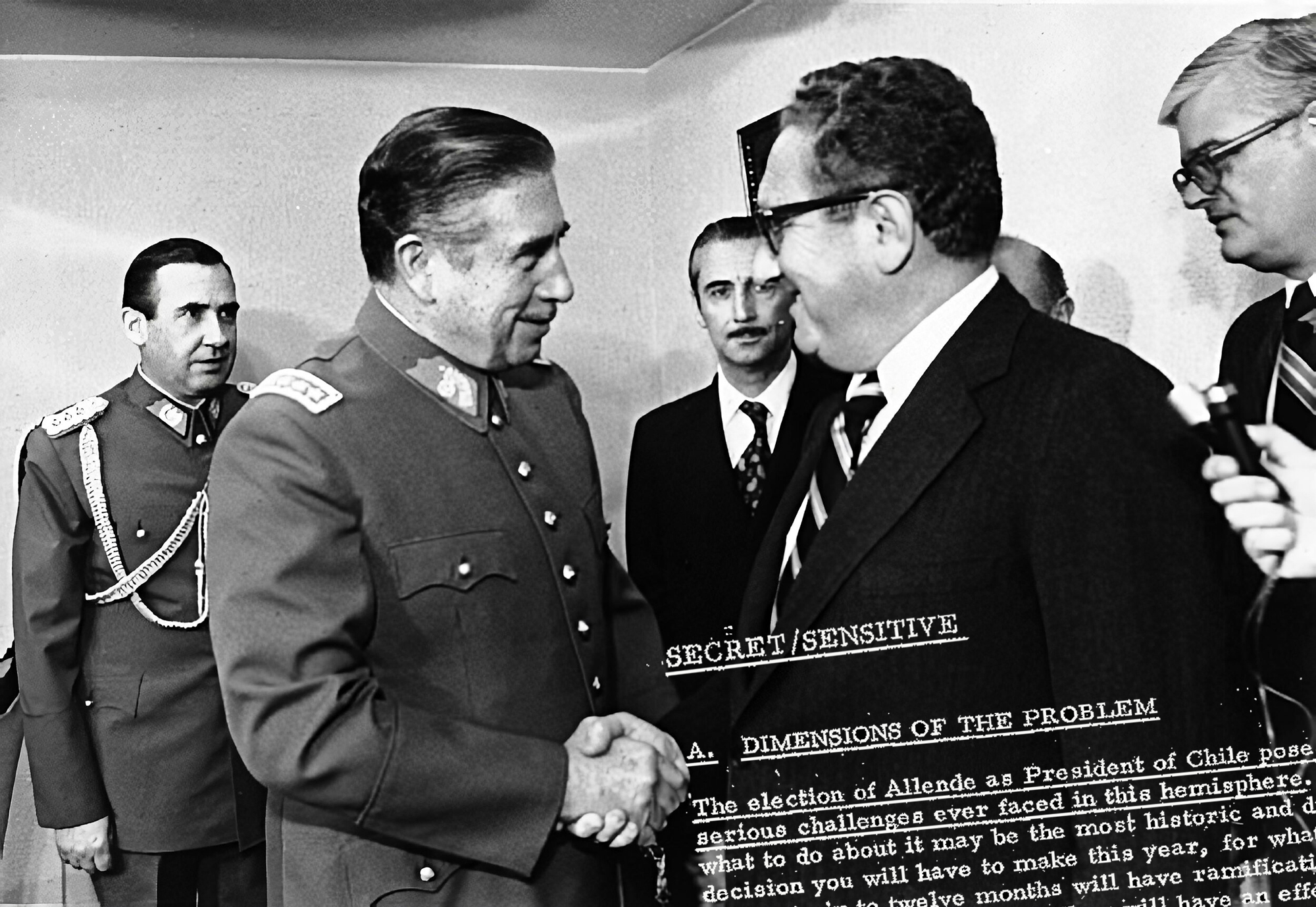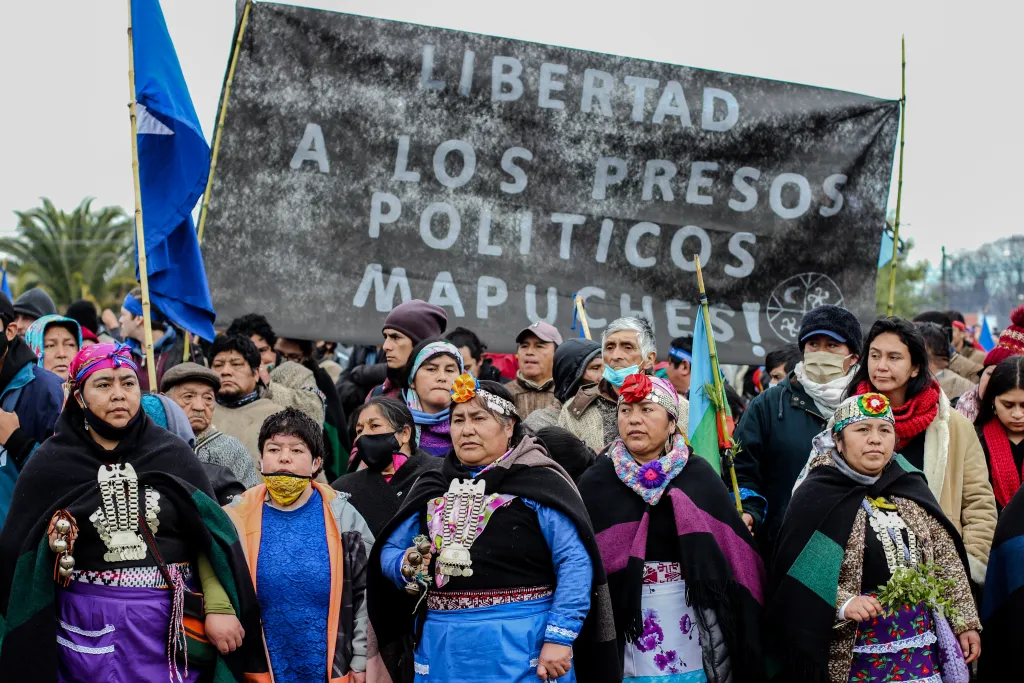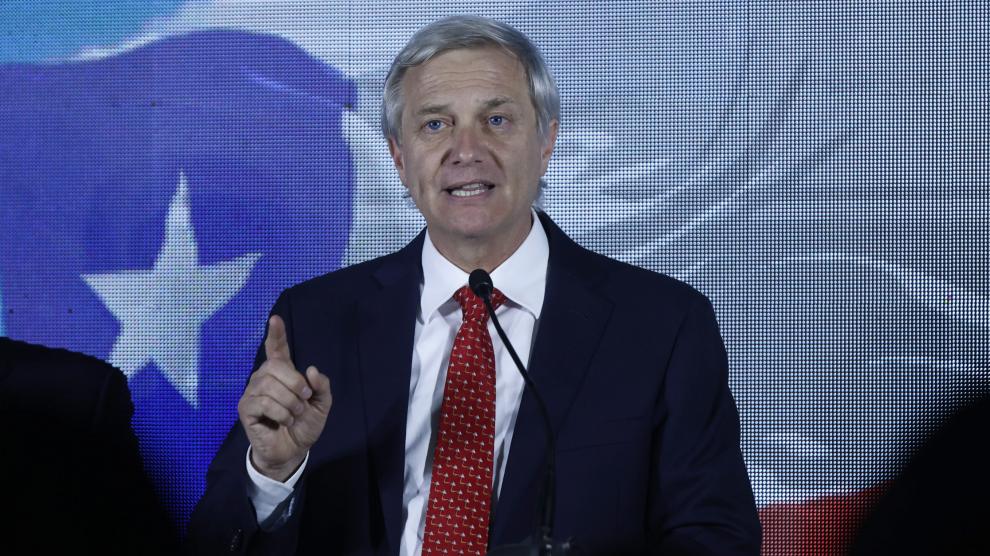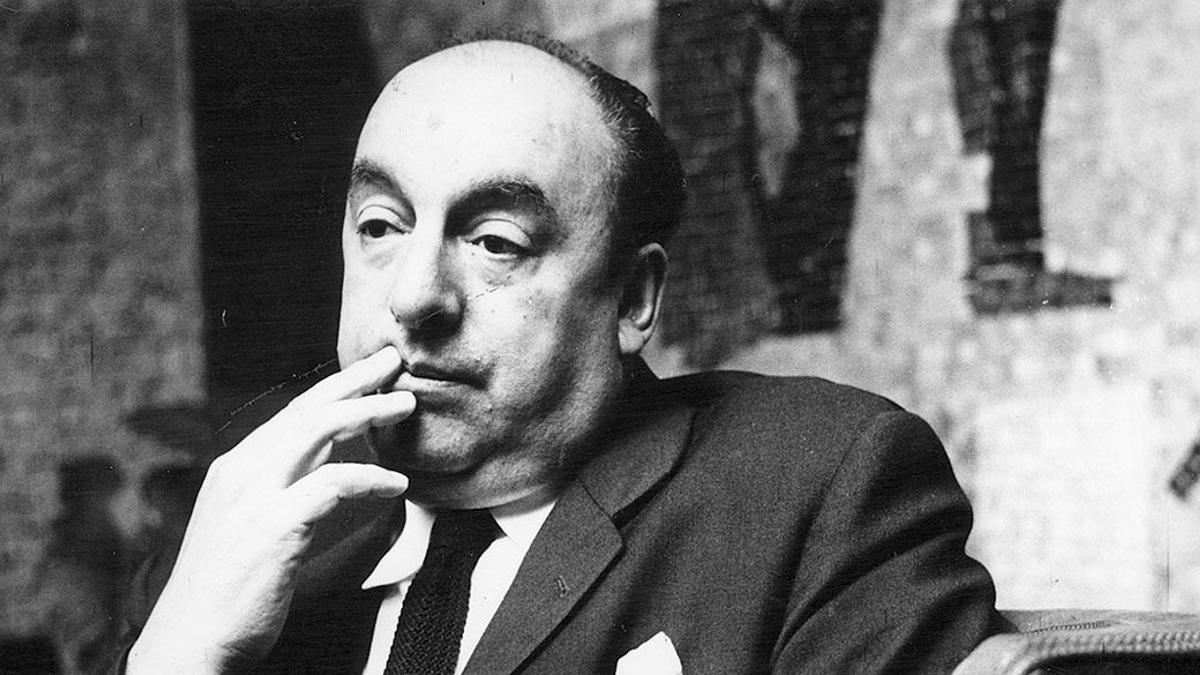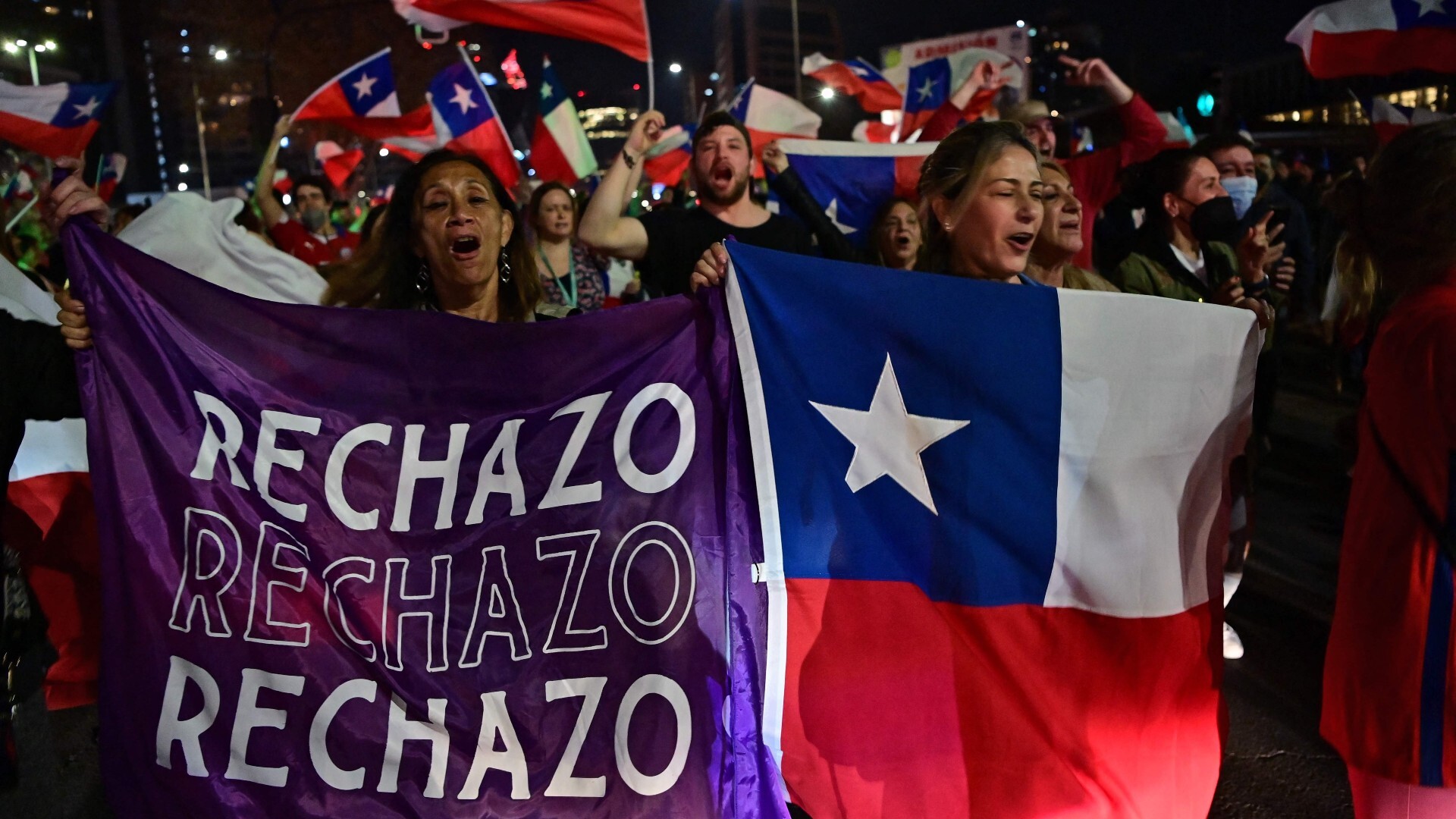
One of the main conflicts of Chilean President Gabriel Boric since the beginning of his mandate has been the conflict in the territory of Araucania in the south. In recent years, the struggle between the Mapuches and the Chilean state, among others, for land ownership has intensified. Borice, the youngest president of all time, took over in March and generated hopeful and progressive messages for the left, even for the people of origin, but not everything seems. He has received strong criticism from the Mapuches defending the lands and has been accused of “obeying the interests of companies and the right”. Is the left paying more attention than the Mapuche requirements? Well, on his last visit to Araucania in November, he received criticism from the people of origin and, in turn, the rightholders of the parliament applauded the “steps” they took during that visit.
The change of attitude of the President before and after taking over has been significant. In the middle of the election campaign, Boric opposed establishing a state of emergency in Araucania, but within two months of coming to power he decreed it as a “necessary” measure to combat violence. Since May, therefore, the citizens of Araucania have reduced rights, subject to exceptional circumstances. Arguing for “terrorism”, militarization has been evident and carabineros have filled these original Mapuche lands.
Borice has defended the measure firmly and maintained strong words for those struggling to reclaim land during their visit to Araucania. He described them as “terrorist” and appeared “concerned”: “Wooden robbers and narcos take as an excuse and attack the Mapuche struggle.” However, the indigenist organization of Coordinadora Arauco-Malleco (CAM) denounced that the Boric government is criminalizing weichafe (CAM fighters): “Nothing has changed for us. On the contrary, colonialism and capitalism are now being presented with signs of progression.” In other words, both on the right and on the left, the Mapuches continue to tread.
In his attempt to resolve the conflict, the president promises to return the set-aside land to the peoples of origin. It creates the Peace and Understanding Commission and invites all social actors to participate. However, it seems that the path of talks between Mapuches and government is closed. On the one hand, CAM says there will be no dialogue “as long as there are Mapuche political prisoners and militarization”. On the other hand, the new government has also had a changing attitude: at first they were willing to open a conversation with CAM, but in August the Minister of Social Development, Jeanette Vega, was dismissed for trying to contact CAM chief Hector Llaitul. Llaitul was arrested in August on the occasion of a trial opened by former President Sebastián Piñera, accused, among others, of ruining the lands. The contradictions of the Government, once again.










